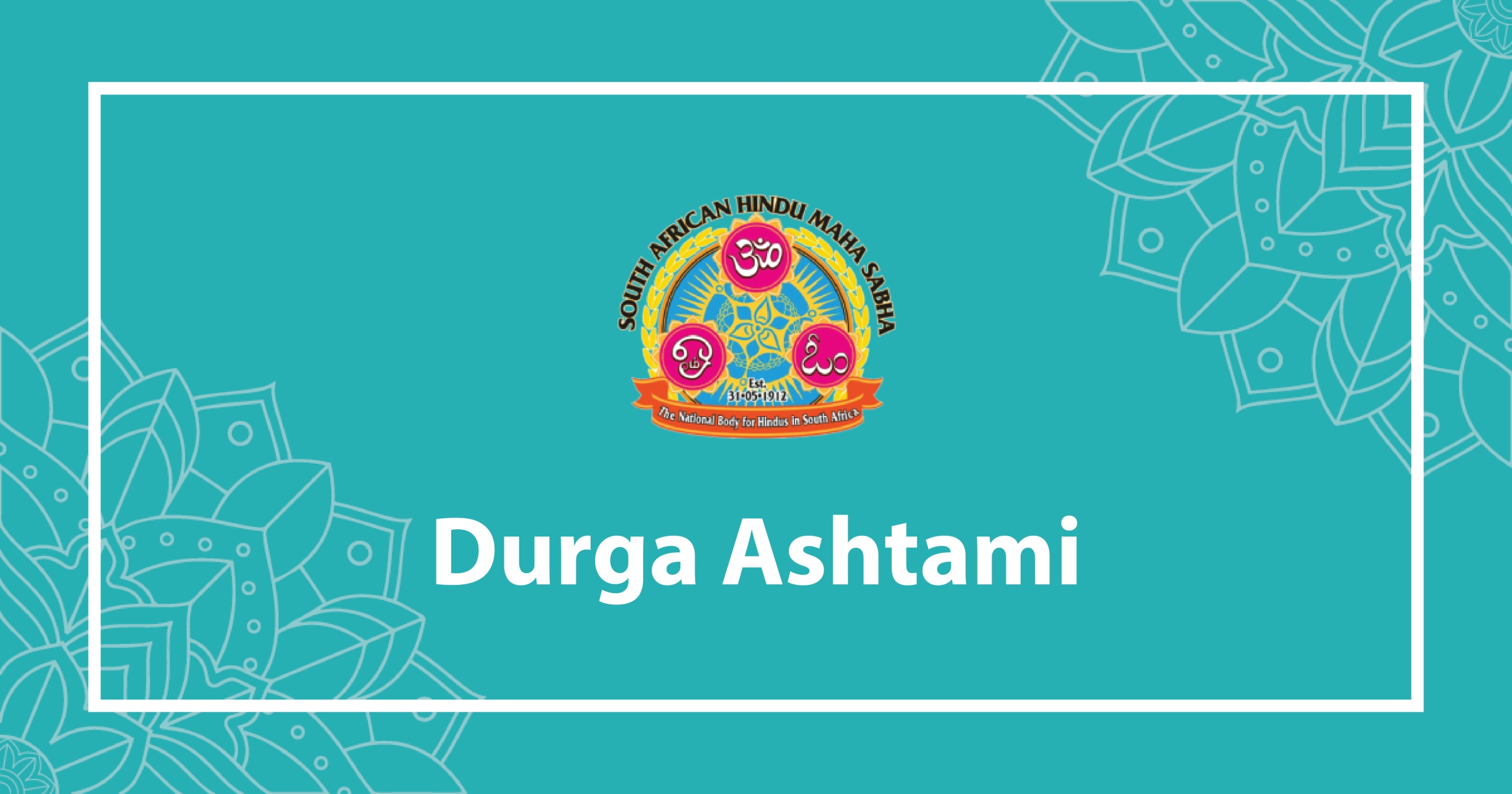
[page_title]
English meaning of the festival
Abhishekam (literally hydration Pooja) is the process of bathing the deity. “Annam” means rice, and Anna Abhishekam denotes bathing the deity with cooked rice.
How the date is decided annually
This divine ritual is performed on the Full Moon day in the Tamil month of Aippasi (mid-Oct to mid-Nov). This particular Abhishekam is performed on Lord Shiva in the form of Shiva Lingam in all Lord Shiva temples. Performing this ritual once a year can help one get rid of all the problems in one’s life.
Significance of the festival to Hinduism
According to sacred texts, rice is a symbol of life, richness, and prosperity. Lord Shiva is a great lover of Abhishekam and is usually bathed with 11 sacred items, which include holy water, cow’s milk, ghee (clarified butter), coconut water, sugarcane juice, sandalwood paste, Vibhuti (sacred ash), curd, panchamrit (mixture of 5 items), mango powder, rice, and turmeric powder. Of these, rice is considered his most favourite item for the hydration ceremony. It is believed that one’s mind is a resemblance of the food one consumes. To signify rice’s significance and divine role in one’s life, Anna Abhishekam is performed annually. Anna Abhishekam acts as a gesture of gratitude to Lord Shiva, the sole protector of nature’s five elements and all life forms on earth. Besides, rice is an outcome of the union of the five elements of nature. When the seed is sown in the land, it is nourished by water from the sky, fire (energy) from the Sun, and is transformed into paddy with the help of wind. This is processed into the rice and is fed to all living entities. Such is the significance of Anna Abhishekam.
How to observe/practice
On this day, the Shiva Linga is hydrated with holy water, turmeric powder, sandalwood paste, orange juice, honey, coconut water, curd, and sacred ash. On completion, the Linga is covered with cooked rice and an assortment of vegetables. At the end of the ritual, Aarti is presented to Lord Shiva. The rice and vegetable are then distributed as Prasad. Where possible, devotees should listen to the Shri Rudram.




Leave A Comment